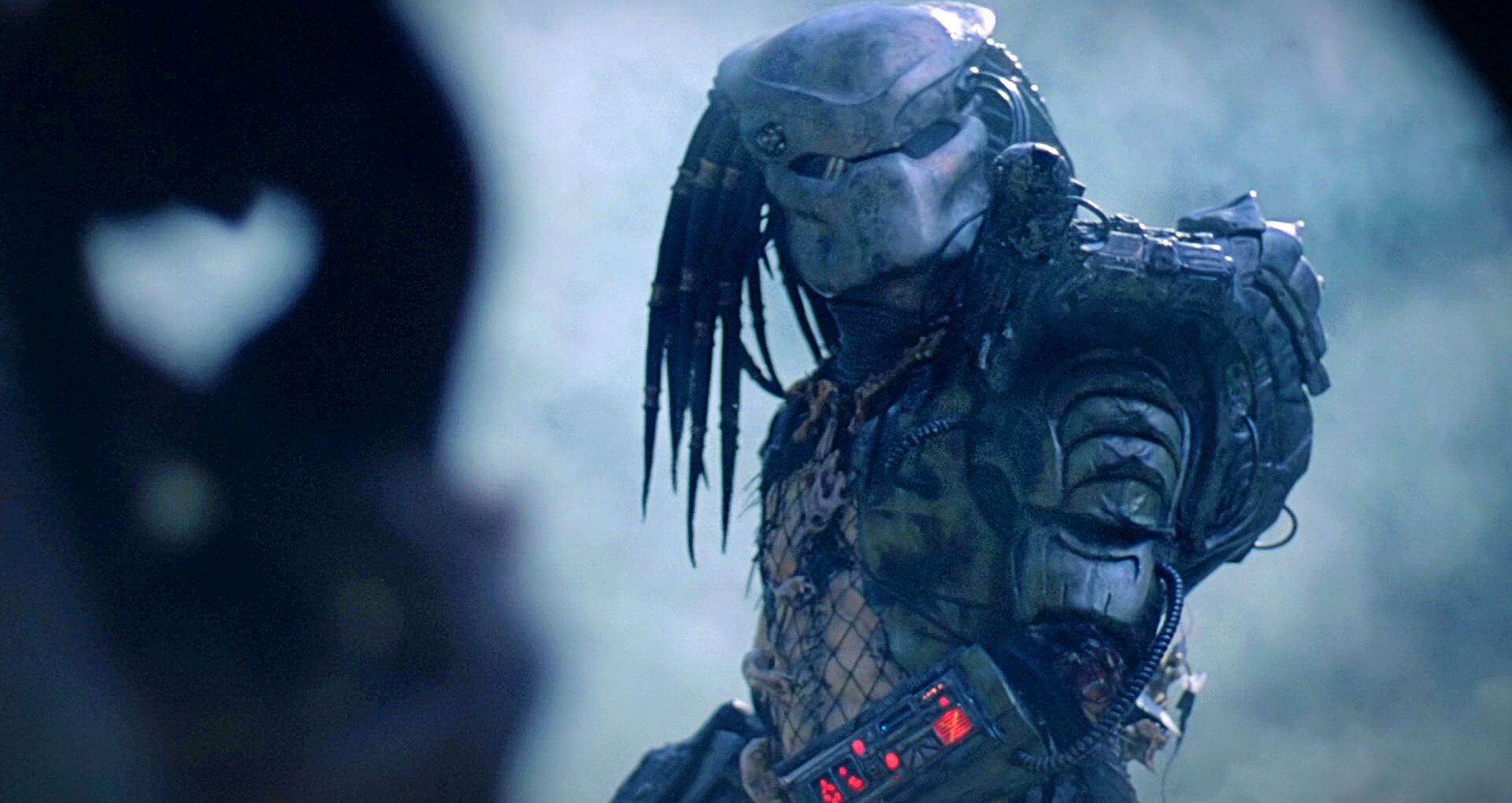When it comes to '80s cinema, few films reach or exceed the genre-blending originality of 1987's Predator. Starring Arnold Schwarzenegger, it careened audiences into a Central American jungle along with a crack team of commandos, led by Schwarzenegger's inimitable Alan "Dutch" Schaefer. On release, the film was met with mixed reviews, but it's since gained a reputation as a classic among the action, horror, and science fiction genres. Presently, it's considered one of the best films of the 1980s, which makes sense. Predator screams "'80s Action Movie" right down to the most minute details. Unfortunately, this is precisely where the film falters.
Predator is an '80s Action Movie across the board. For some, denoting something as an '80s Action Movie means a thrilling, engaging treat for the senses. Although, when others think of an '80s Action Movie, it often means an emotionless, explosion-filled, muscle-laden spectacle of cool concepts and iconic one-liners that ultimately rings hollow. There are exceptions, of course. However, Predator -- unfortunately -- is not one of these exceptions. Particularly due to the release of Hulu's Prey, the latest entry in the Predator franchise, viewers were exposed to what a film set in this universe could truly be, and it did no favors for the '87 original.
Prey, like Predator, is a bold, genre-blending beacon of originality. Though it's technically a predecessor to Predator, and audiences would assume it'd borrow heavily from that film, Prey feels like it belongs to an entirely different franchise. All the creative choices that culminated in this film feel foreign. Everything's a lot slower, more considered. The cinematography is far more contemplative, while the score is far more understated. No longer do emotional conversations have to fight the score for the spotlight. Overall, Prey places far more of an emphasis on developing character as opposed to exhibiting set-pieces, muscles, and action à la the original. That said, Prey's still an entry in the Predator franchise, so it absolutely has stylistic action, but it's utilized quite differently.
Instead of purely being used to enhance the scale, style, and scope of the film, these elements service the development of the film's lead, Naru. Played wonderfully by Amber Midthunder, there's a marked difference between Naru and the characters of Predator: notably, development. From the beginning, it's clear this is a story about Naru, her struggle, and her dreams. There's a sense that she has a life outside the events of this story. She doesn't exist just so this story can work. Frankly, she's afforded so much characterization and so much life that's been so profoundly absent from characters in previous Predator installments that it's genuinely perplexing. She has an axe, she has a dog, the year's 1719, and she's a young woman of the Comanche nation. Due to the archaic views of her tribe, Naru feels oppressed and limited. She wants to be a hunter, not a gatherer, but she struggles to prove her worthiness to others. Nothing even remotely close to this level of characterized depth is found anywhere in Predator.
While groundbreaking and thrilling in its own way, Predator is a product of its time. The 1980s were a time when characters didn't necessarily have to evolve personally and could just be people going through something unbelievable. Even so, Predator didn't quite give its characters the depth they necessitated. It deserves ludicrously high marks for creating the Predator creature, but Predator always felt like it prioritized its plot over its characters. All the set pieces and mysterious plot elements are interesting, but audiences need a way into these people. They need some disclosure, some emotional vulnerability. Seeing someone fearful or in pain isn't enough. Until viewers know who these people are, what they really want, they won't feel for them in any significant way. This is what Prey got right.
Demonstrating Naru's physical and emotional vulnerability endowed her journey with tension and stakes. Seeing her resourcefulness, her knowledge, her suffering, how she's treated, what she thinks of herself -- all of it informs the viewer's ability to feel for her and root for her in a mightily horrid circumstance. There's certainly nothing wrong with an '80s Action Movie, but a film with demonstrably multifaceted, complex human beings will always affect audiences on a deeper level. In Prey, many patient fans received what they've been clamoring for from this franchise for years. This film is impeccably shot, beautifully acted, immersive, intriguing, and, most importantly, its protagonist feels like a developed human being that grows and changes. Despite this widely-held belief that Predator is utter perfection, Prey outdoes it in virtually every way. Succinctly, Prey dominates Predator.
To see if Prey truly dominates Predator, catch Prey, streaming now on Hulu.



